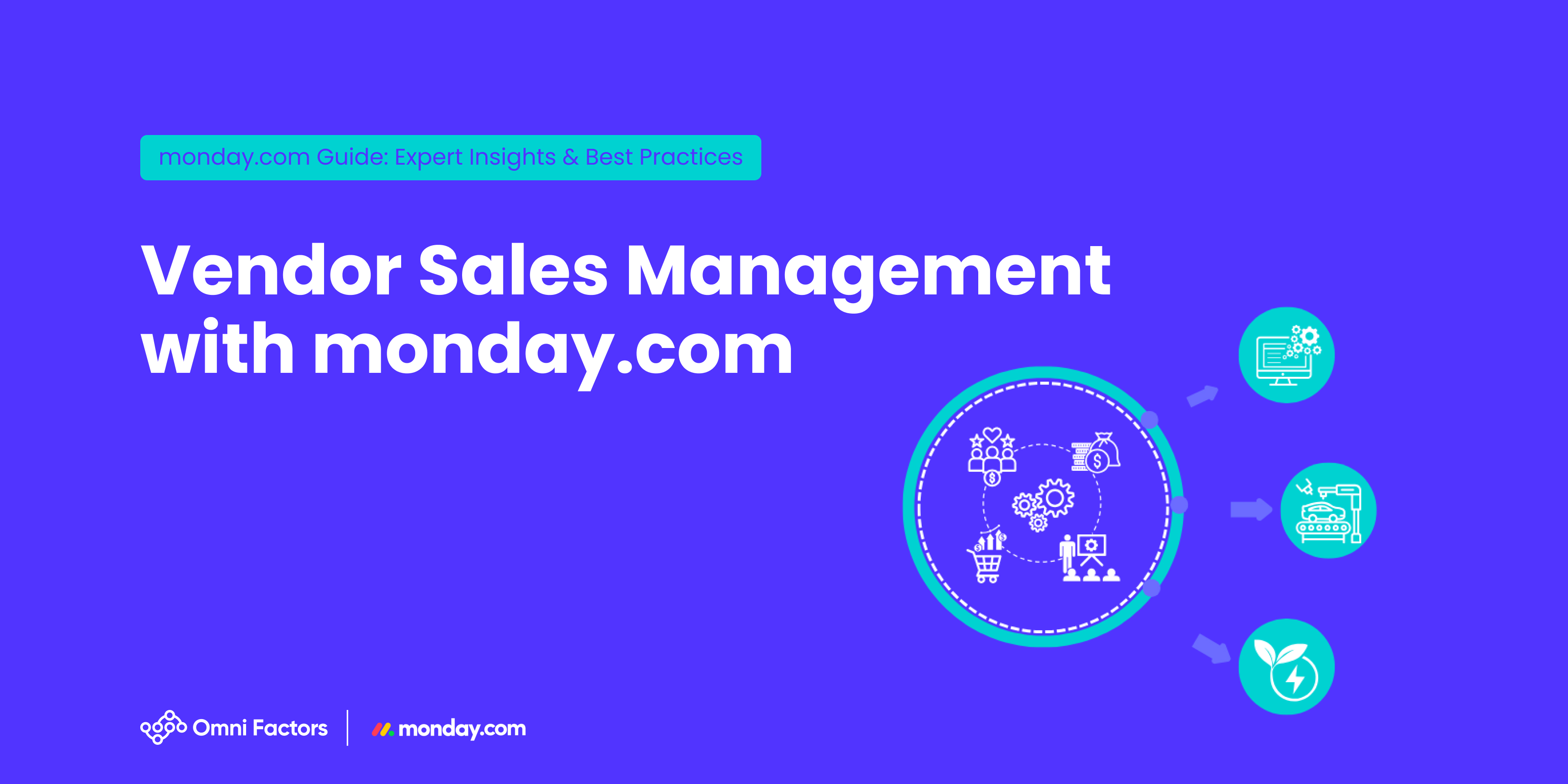Vendor sales management is the process of organizing and managing the sale of a company’s products or services through a vendor network. Vendors act as intermediaries who sell the company’s products and deliver them to end users, operating under the success criteria set by the company.
Managing potential customers is considered the starting point of the vendor sales cycle.
This process, carried out collaboratively by the sales and marketing teams, involves reaching, tracking, and managing potential customers. The main goal is to convert potential customers into actual clients. Throughout this conversion journey, data collected from various sources is evaluated based on criteria aligned with company goals. Once these criteria are met, leads are turned into opportunities. These qualified opportunities are automatically assigned to vendors based on pre-defined distribution rules in the system. Once assigned, the vendor management process begins. Based on performance criteria, the company can make data-driven decisions—such as allocating more leads or assigning higher incentive rates to successful vendors.
Lead Collection
The monday.com Lead Management Board provides a centralized structure where leads from multiple sources can be collected, tracked, and utilized. With the dynamic monday Forms feature, which can be embedded on websites, the lead collection process becomes automated. Additionally, integrations with third-party tools enable lead collection from various digital environments, making them instantly available for sales processes.

Lead Prioritization
Leads collected from various sources are stored in monday.com’s lead pipeline, which forms the first step in the sales process. The key here is to evaluate the quality of each lead. Qualification criteria are customizable based on company sales targets and performance metrics. Lead scoring becomes necessary at this stage—assigning numerical values to incoming data helps prioritize the most promising leads. As a result, qualified leads are identified by the system and converted into opportunities, taking their place in the vendor sales cycle.

Lead Distribution
In vendor sales management, lead distribution is the process of assigning potential customers to the most appropriate vendors. This step is crucial for optimizing sales opportunities and matching leads with the right vendor. Distribution criteria—such as industry, data source, region, product or service type, and vendor expertise—are defined by the company. Aligning these rules with company objectives greatly impacts overall sales success. Vendors then carry out the sales processes with the leads they’re assigned.
High sales volumes and strong conversion rates from vendors benefit both their own performance and the company’s business goals. An effective vendor management strategy contributes to increased sales and higher customer satisfaction.

Vendor Performance Management
An essential element of vendor sales management is tracking vendor performance. Companies use metrics and KPIs such as sales volume, target achievement, sales growth, conversion rates, and customer satisfaction to evaluate vendor performance. These insights help identify strengths and weaknesses across the vendor network. Regular check-ins and feedback sessions are vital for boosting vendor performance and supporting development.
For all these processes, monday.com Dashboards provide both the company and vendors with real-time, data-driven reports. Their flexibility allows for performance evaluation based on specific criteria. These assessment processes should align with the overall sales strategy and help vendors achieve their short- and long-term goals.






